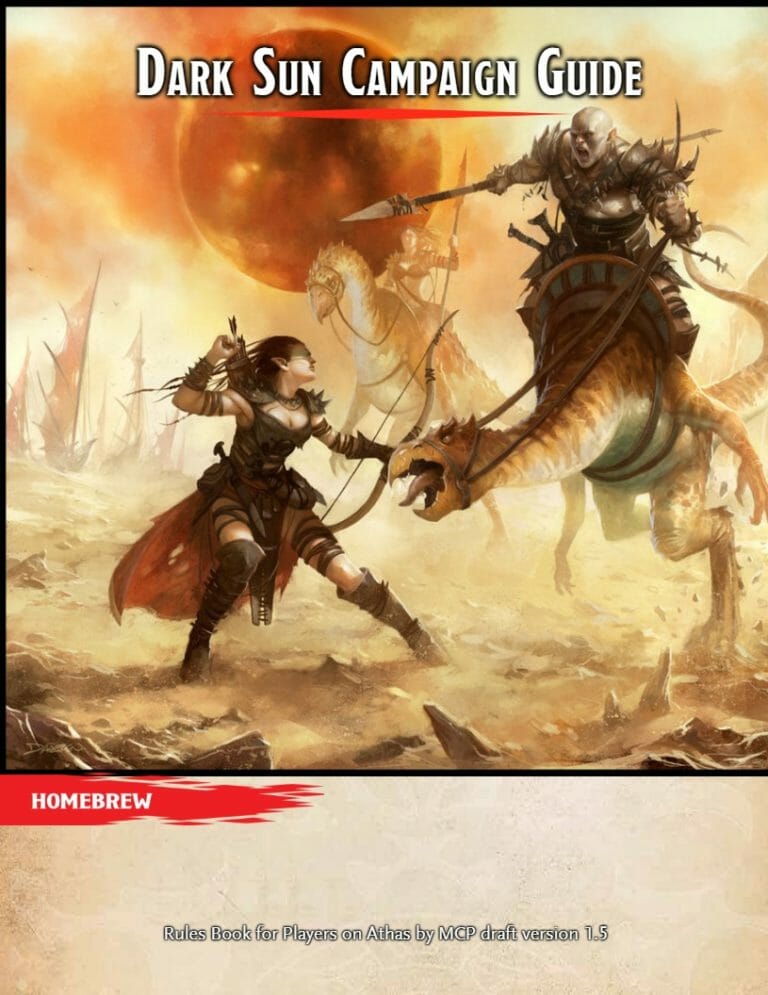
The day before, he’d had a visit from Georgia May, the widow of the existential psychotherapist Rollo May, who was a colleague and friend of Yalom’s. Throughout his stay, his wife of more than 60 years, Marilyn, had been stopping by regularly to refresh his reading material. It was the third time he’d called he told me his pain was making it difficult to concentrate on anything else, though he was trying. A voice came through the intercom, and he explained that he needed some ice for his knee. Some, such as Love’s Executioner & Other Tales of Psychotherapy and When Nietzsche Wept, have been best sellers.Īs I scrolled through the emails, Yalom used his cane to tap a button that alerted the nurses’ station. In addition to textbooks and other works of nonfiction, he has written several novels and story collections. Some were simply thank-you notes, expressions of gratitude for the insights delivered by his books. In a Gmail folder labeled “Fans,” he had saved 4,197 messages from admirers in places ranging from Iran to Croatia to South Korea, which he invited me to look at. The hope that our existential fears can be diminished inspires people around the world to email Yalom daily.

When I asked whether his lifelong preoccupation with death eases the prospect that he might pass away soon, he replied, “I think it probably makes things easier.”Ĭheck out more from this issue and find your next story to read. Another of Yalom’s signature ideas, expressed in books such as Staring at the Sun and Creatures of a Day, is that we can lessen our fear of dying by living a regret-free life, meditating on our effect on subsequent generations, and confiding in loved ones about our death anxiety. “I haven’t been overwhelmed by fear,” he said of his unfolding health scare. For someone who helped introduce to American psychological circles the idea that a person’s conflicts can result from unresolvable dilemmas of human existence, among them the dread of dying, he spoke easily about his own mortality. Yalom had been spending his stay watching Woody Allen movies and reading novels by the Canadian writer Robertson Davies. Issues of The Times Literary Supplement and The New York Times Book Review sat on the bed, alongside an iPad. He was nonetheless hopeful that he would soon head home he would be turning 86 in June and was looking forward to the release of his memoir, Becoming Myself, in October. “They think it’s a brain issue, but they don’t know exactly what it is,” he told me in a soft, gravelly voice. Following the procedure, however, he felt dizzy and had difficulty concentrating. Until a knee surgery the previous month, he had been seeing two or three patients a day, some at his office in San Francisco and others in Palo Alto, where he lives. “I don’t want to scare my patients,” he said, laughing. He was dressed in white pants and a green sweater, not a hospital gown, and was quick to point out that he is not normally confined to a medical facility.

O ne morning in May, the existential psychotherapist Irvin Yalom was recuperating in a sunny room on the first floor of a Palo Alto convalescent hospital.


 0 kommentar(er)
0 kommentar(er)
